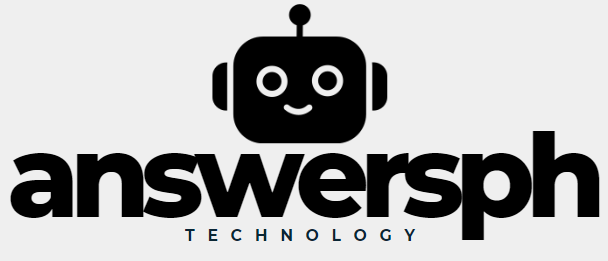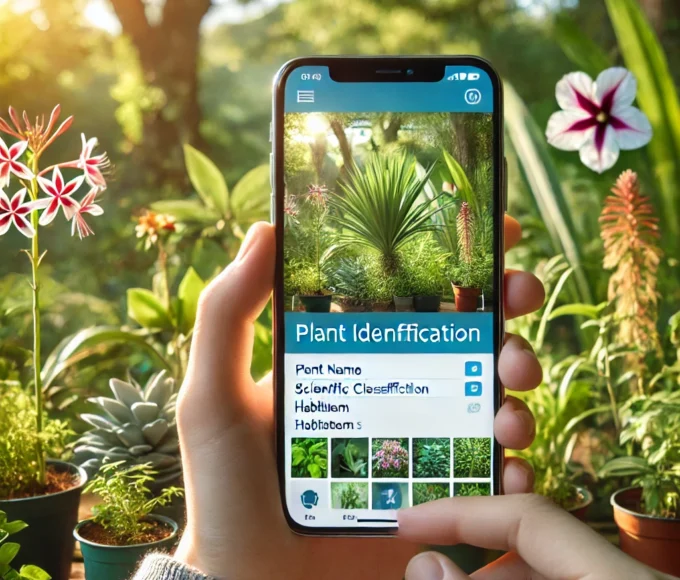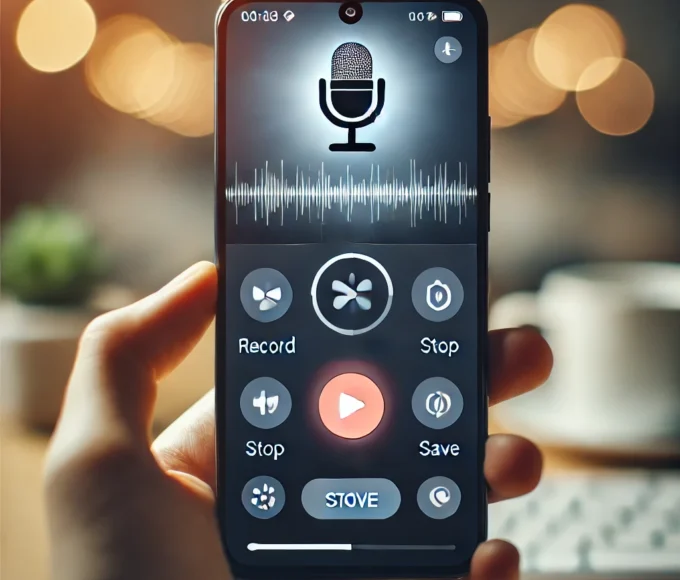Modern technology has transformed many areas of life, making tasks easier, facilitating communication and promoting health. One of the innovative areas is health, development and, in particular, women's health. Among the many technology products available, pregnancy detection apps have stood out and offered women a useful and accessible tool to monitor their reproductive health.
Pregnancy discovery apps, or pregnancy trackers, are digital platforms through which users can monitor symptoms, menstrual cycles, and other aspects of female health for signs of pregnancy. They range from very simple versions, such as a simple menstrual cycle tracker, to more complex apps that include basal temperature charts, ovulation tests, and symptom diaries.
The purpose of these technology platforms is to give women more control over their menstrual cycle and fertility, preparing them for signs of pregnancy earlier. They do not replace traditional tests, such as drugstore pregnancy tests or blood tests. Instead, they provide an early prediction that the patient can then use to decide whether to take a more accurate test or talk to a doctor.
How most applications work
The algorithms in these apps can predict possible ovulation days, fertile windows, and even possible delays or missed periods that are indicative of pregnancy. Artificial intelligence has taken root in these apps, and it is through AI that the user’s actions are monitored and recorded. With AI, the app can know when to recommend the user to take an official pregnancy test, but whether the symptoms and trigger actions were indicative.
Advantages and Benefits
- Autonomy and Control: Women have become more autonomous about their sexuality, as well as their reproductive health. They have become more aware of the days of their cycle and the alarms indicating pregnancy.
- Ease of Use: The app's interface is quick and easy to use, and the number of issues makes it easy to access, even for those with little familiarity with technology.
- Personalized Support: All data is completed by the user herself, which gives the application the right position to know when to recommend carrying out an official test.
- Reproductive Health Education: Some pregnancy test apps are educational. They provide an overview of the cycle and how it should behave to indicate a possible pregnancy.
- Accessibility and Discretion: Applications can be used where, how and when the user prefers, ensuring privacy.
Limitations and Precautions
The accuracy of these apps is based solely on the quality and precision of the data entered. If there is an error in the reported date of the last menstrual period or when reading a symptom, this can lead to incorrect predictions. Additionally, the apps may not take into account critical variables, such as an irregular menstrual cycle, underlying medical conditions, or contraceptive use. Another caveat is the specificity of the data. As with any other digital tool that collects personal data, users should always check the apps’ privacy terms to ensure that their data is safeguarded against misuse.
App Examples: Flo and Clue
To better illustrate the nature of this type of application, examine two of the most prominent applications: Flo and Clue.
1. Flo
Flo is a well-known female health tracking app, one of the most popular apps with millions of users worldwide. Previously, Flo was known only for tracking the menstrual cycle; over the years, it has evolved into a holistic app that addresses various aspects of reproductive health and overall well-being. In addition, the app tracks water, weight, and other data based on user recommendations.
Main features:
- Menstrual cycle tracking – Flo allows users to input the start and end dates of their cycle, as well as the number of days it lasts. Based on this data, the app predicts the next occurrences and days of ovulation and cycle.
- Symptoms – It also tracks a variety of daily symptoms like mood, pain, bloating, etc. It helps detect regularities throughout the cycle.
- Pregnancy prediction: When the expected period does not come, Flo sends a notification to the user about the risk of being pregnant and advises them to take an official test.
- Educational resources: Personalized reproductive health articles, tips and videos based on your input.
Known for its user-friendly interface and for not making mistakes in its predictions, this app is perfect for both women who are trying to get pregnant and those who want to avoid it.
2. Clue
Another very popular app is Clue, which is a menstrual cycle and reproductive health tracker. What’s unique about Clue is that it’s based on medical research.
Main Features:
- Cycle tracking: Clue allows users to log their periods and monitor other conditions such as mood, pain, and related physical symptoms.
- Data analysis: The app uses this information to calculate the phases of your cycle and predict them in advance, including ovulation and your fertile period. It also predicts, based on the data, whether your period is late, which could mean pregnancy.
- Custom reports: The application produces detailed reports that present graphs and trends based on the information entered.
- Intuitive interface without gender stereotypes: Clue is known for its purposefully inclusive design and focus on providing detailed information without visual or linguistic stereotypes.
Clue, on the other hand, is useful for those who want to better understand their menstrual cycle and make informed decisions. This app is recommended by doctors and healthcare professionals due to the scientific background behind its research.
The Future of Pregnancy Discovery Apps
The future of pregnancy apps looks promising, especially with the advancement of artificial intelligence (AI), machine learning, and big data analytics. As more complex analyses become possible with more data available, the personalization and accuracy of apps will also improve. Collaboration between doctors, researchers, and developers has led to increasingly better and more robust apps.
In addition, integration with wearable technology developers makes health monitoring more efficient. For example, a modern smartwatch not only monitors heart rate and sleep quality, but also reads menstrual cycle data and identifies pregnancy based on several factors at once.
Conclusion
Pregnancy detection apps represent a crucial innovation in the field of reproductive health, providing women with an actionable tool with which to monitor and understand the complexities of their bodies. While they should never be used to replace tried-and-true methods of identifying pregnancy, such as drugstore test kits or blood tests, they still play an important role in providing women with preliminary information and thus empowering them to make informed decisions about their health.
Further technological advancements are expected to make these apps even more accurate and customizable, ensuring that they become part of the personal care of women of all ages. Furthermore, it is crucial to note that they always carry risks and should be combined with medical advice for a complete and safe diagnosis of the situation.







